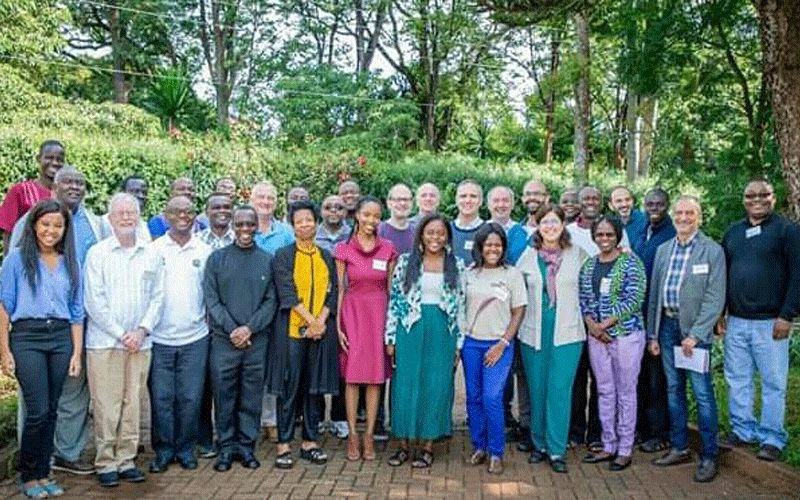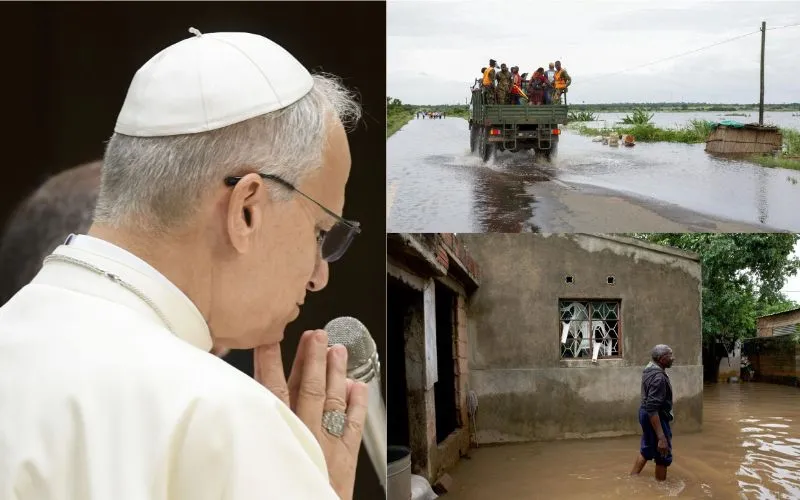Nairobi, 24 January, 2020 / 3:03 am (ACI Africa).
The East African nation of Uganda is the most welcoming and hospitable country in the region for vulnerable refugees and immigrants seeking sanctuary from neighboring countries, members of the Society of Jesus (SJ) in Africa and Madagascar have confirmed at their three-day Conference held in Nairobi that concluded Wednesday, January 22. The conference also revealed that Uganda hosts the greatest number of displaced people including Internally Displaced Persons (IDPs), refugees and asylum seekers.
The International Strategic Conference on Migrants and Refugees that was organized by the Jesuits Justice and Ecology Network (JENA) “to look for an integrated response to vulnerable migrants in and out of Africa”, according to a communique, brought together social centers, Jesuit Refugee Service (JRS), universities, Lead Magis (youth network), Church institutions and partners in mission from Europe.
Christina Manzanedo, a Migration officer at Entreculturas, a global not-for-profit organization that focuses mainly on educating the poor, noted that Uganda has the friendliest policies that favor the living and working conditions of migrants and refugees settling in the country. Entreculturas is affiliated to the Society of Jesus and works in several countries in Africa and Latin America.
“In Uganda, refugees are given the necessary documents that allow them to access education and other services. They are also given work permits to work in the country and to lead a normal life,” said Ms. Manzanedo in an interview with ACI Africa Wednesday.
Ms. Manzanedo noted that Ethiopia is also welcoming to these vulnerable groups, and that it beats Kenya and South Africa which were, for a long time in past years, the biggest host countries for refugees in Africa.








